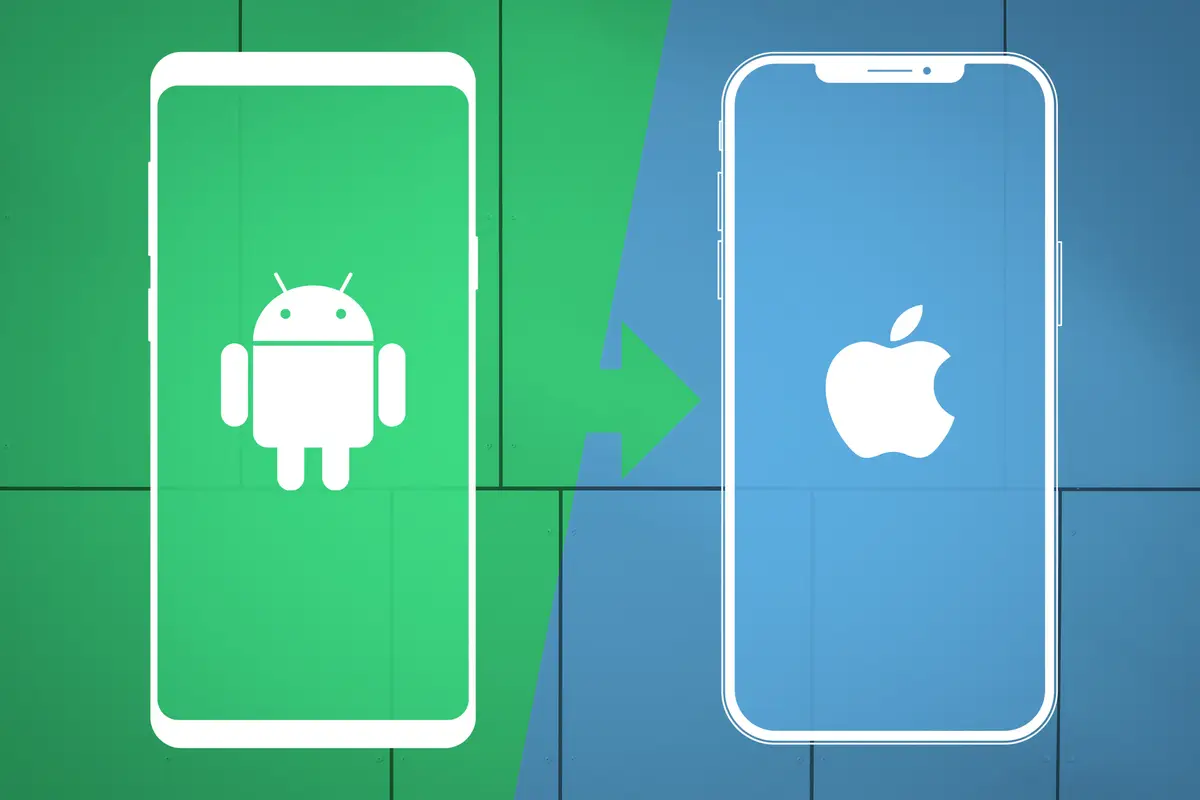By the end of 2024, Apple plans to allow European Union users to remove the pre-installed Safari browser. By fall 2025, the company intends to introduce a more convenient mechanism for transferring user data from iPhones to smartphones made by other manufacturers.
Starting with the recently released iOS 17.4, users are offered the option to continue using Safari as the default browser or choose a popular alternative at its first launch. Furthermore, by early 2025, Apple will incorporate a mechanism for data transfer between installed device browsers and the ability to completely remove Safari. iOS users in the EU will be able to change their default navigation application by March 2025. These steps are in response to the enforcement of the Digital Markets Act (DMA) in the EU.
In the future, Apple Data & Privacy site will offer the option to give third-party companies access to user data. These companies will be carefully selected by Apple. Users will be able to trigger daily data exports from the App Store for a month or weekly for a half year. Access to data can be withdrawn at any time by the user. Apple describes the data transfer feature as a ‘solution helping mobile operating system providers to develop more convenient solutions for transferring data from iPhones to phones made by other manufacturers‘. The company has stated that this feature will be based on existing data transfer tools by other companies.
On the other hand, Apple has voiced harsh criticism about the DMA law. According to a document published on Apple’s site, the EU’s requirements ‘pose a threat to user and developer security, opening new possibilities for fraud and the spread of malicious content, and hampering Apple’s ability to detect and prevent malicious actions‘.
In iOS 17.4, the feature to install alternative app stores has been introduced. Apple emphasises the drawbacks of this approach: ‘Alternative software distribution methods increase threats to the privacy and data security of users and developers. This includes risks associated with the installation of software that compromises system integrity through malicious code, as well as the distribution of pirated software, illegal, questionable and malicious content due to lower moderation standards‘.
Furthermore, the company noted that it ‘will not be able to help users with refunds, subscription cancellations, privacy threats, abuses, and fraudulent actions‘, suggesting users to directly approach developers of respective stores in case of any issues.





